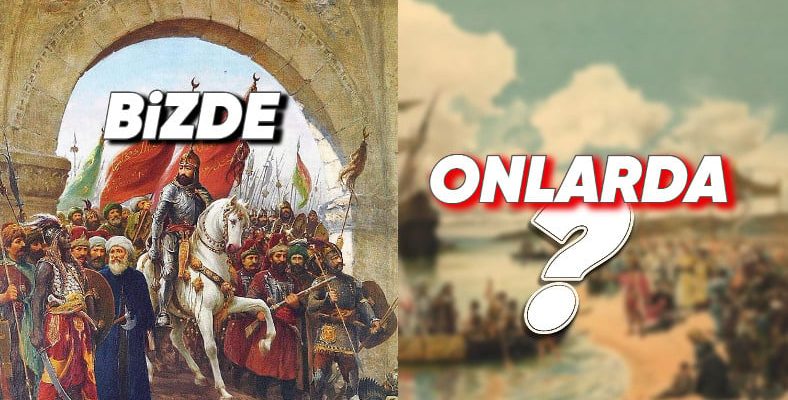It is now engraved in our minds that it is difficult to forget even if we want to; We all know that the New Age began with the conquest of Istanbul by Mehmet the Conqueror. So, does the whole world accept the beginning of the age in this way?
The same information is always taught since primary school: The Middle Ages ended with the Conquest of Istanbul and the New Age began with the Conquest of Istanbul. Yes, era transitions are indeed like this, but is the same thing true for everyone?
For example, in a European school “With what event did the New Age begin?” When asked, is the answer “Conquest of Istanbul” or for them? Are other events valid? Let’s look at the nuts and bolts of the matter.
First of all, it would be useful to get some information about the New Age. Those who are bored with history information can skip this section directly…
The New Age or Early Modern Age/Period covers the period between the end of the Middle Ages and the Modern Age and the Industrial Revolution. From the second half of the 15th century to the second half of the 18th century, It covers a period of almost three centuries.
The most important features of the Early Modern Age were the spreading character of the globalization process, new economies and institutions. in different parts of the world early modern trends, politically and economically It represented a move away from medieval modes of organization.
Feudalism was in decline in Europe, and Christians were struggling with the Crusades and the Roman Catholic Church. It had largely seen the end of religious unity.
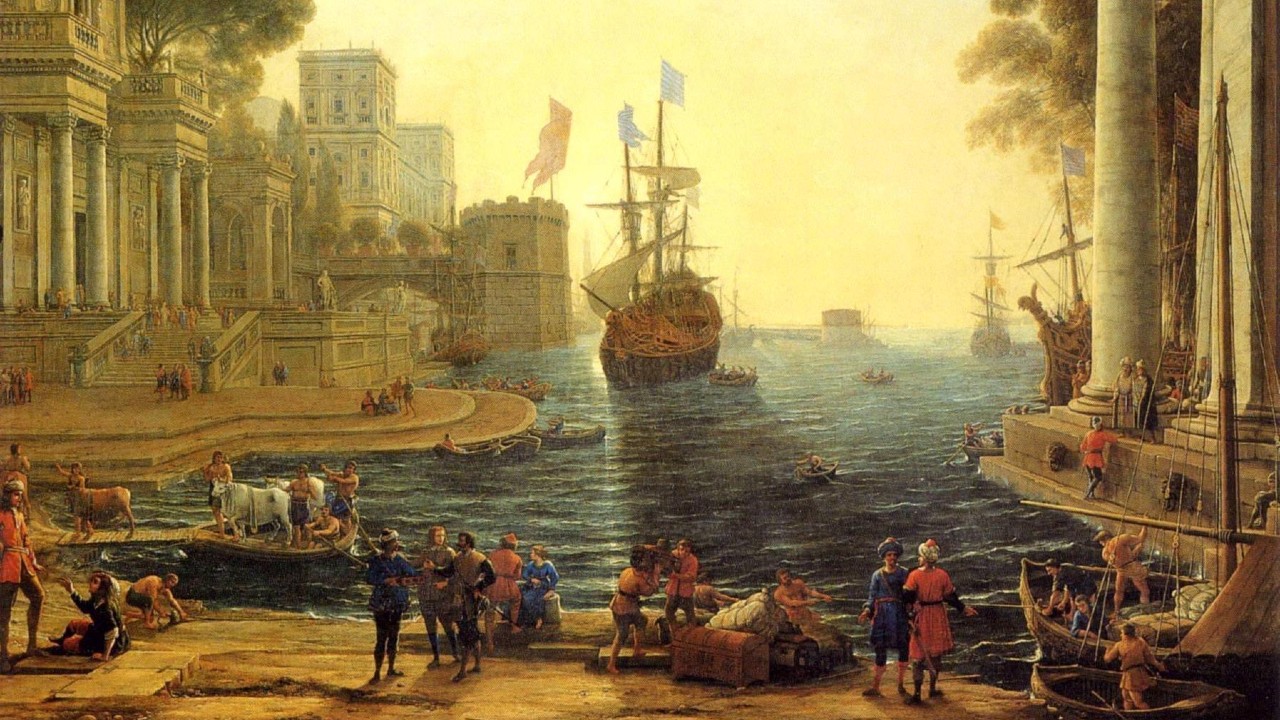
Towards the end of the New Age; There was the Second Treaty of Paris, which ended the American Revolution, the French Revolution of 1789, and the Napoleonic Wars. Congress of Vienna, 1815 With the rise of new concepts of nationalism and the reorganization of military forces, this marked the end of a period of political turmoil and war.
Let’s get to our main topic. Did the New Age begin with the Conquest of Istanbul for everyone, as it did for us?
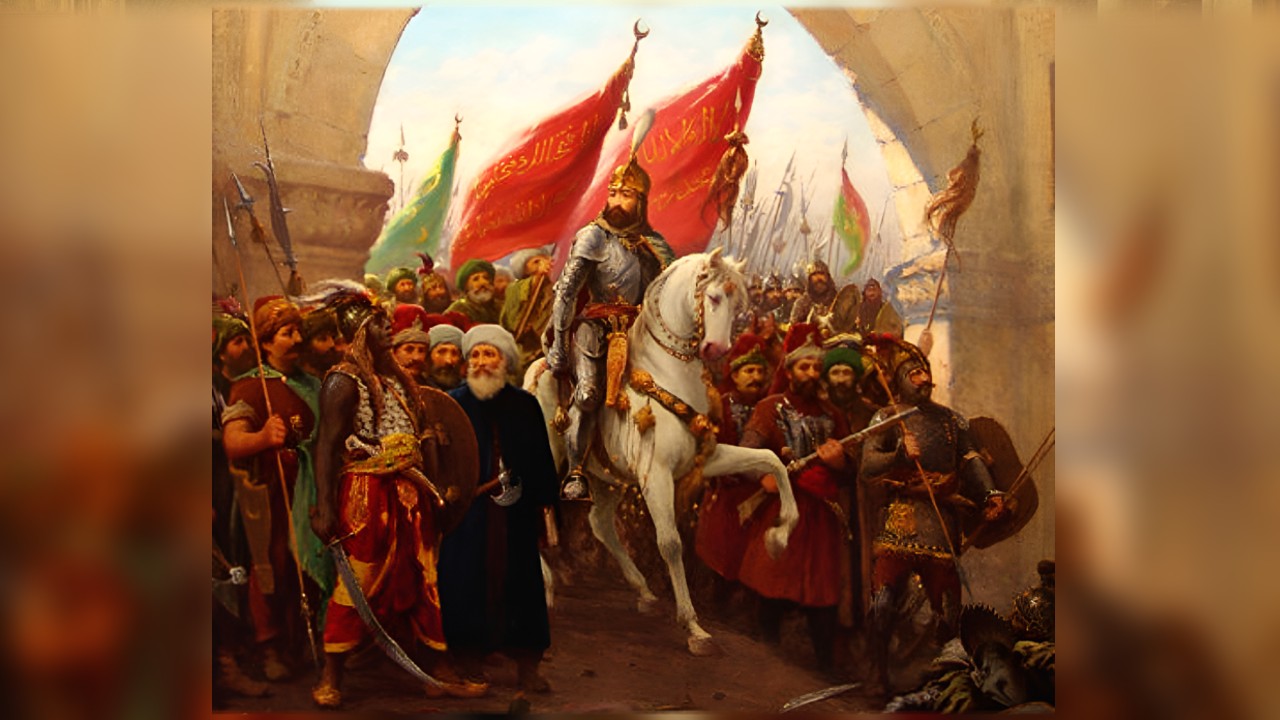
The beginning date of the Early Modern Age; It is not based on a single event, but on different historical events. For some, like us, the New Age began in 1453, when the Eastern Roman Empire was conquered by the Ottoman Empire, led by Sultan Mehmet the Conqueror, as the Eastern Roman Capital. Conquest of the city of Constantinople (Istanbul) It started with.
What events are associated with the New Age in other countries?
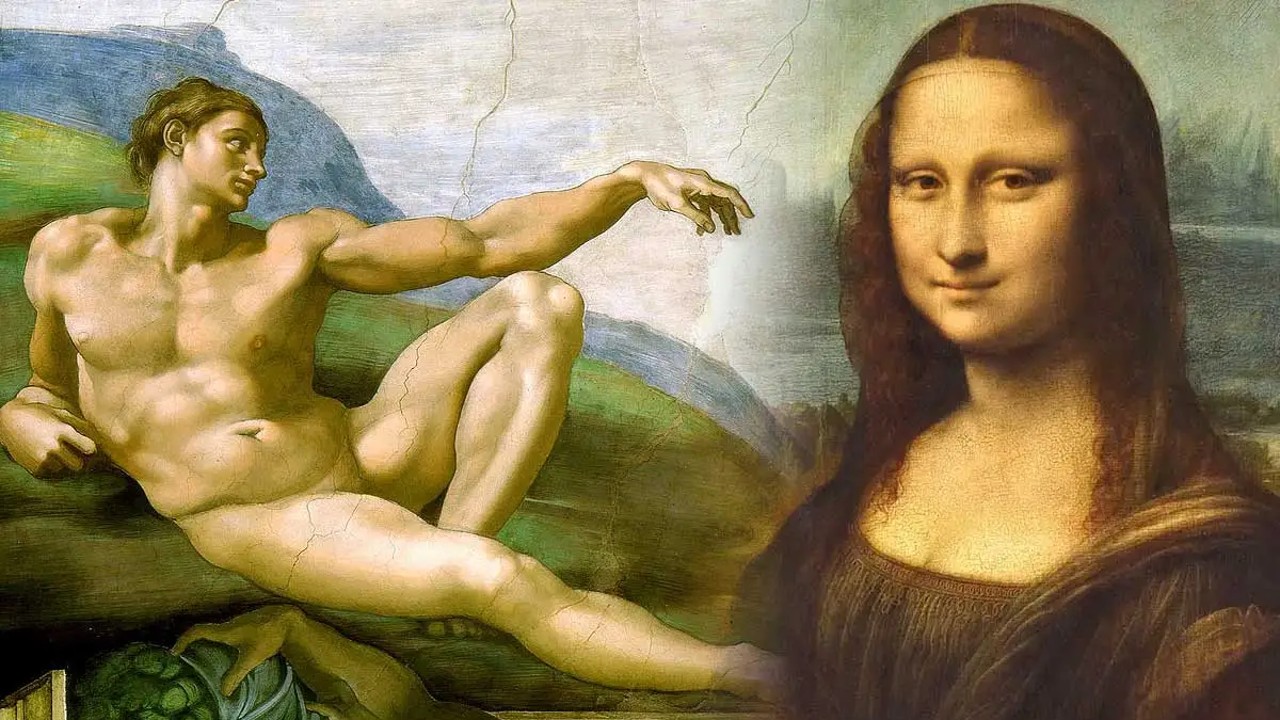
If in Europe Beginning of the Renaissance or Geographical Discoveries, They can be accepted as the starting points of the New Age. In short, the beginning of the Early Modern Period can be attributed not only to the Conquest of Istanbul but also to other events.
To give a few examples: The beginning of the New Age in France, With the start of Charles VIII’s Italian Campaign is associated. This time increased political and cultural interaction between the city-states at the height of the Renaissance in Italy, and increased Italian influence on French art and culture, resulting in the spread of the Renaissance to France.
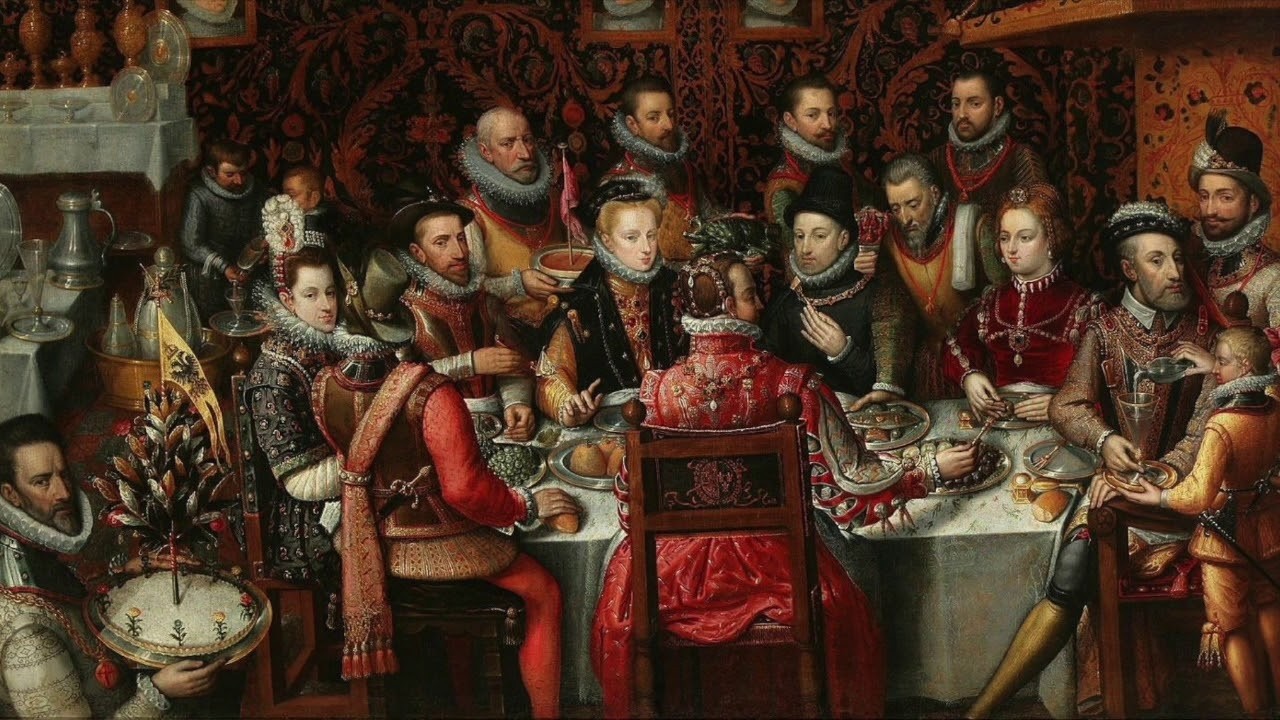
In England, the beginning of the New Age is generally Ascension of the Tudor Dynasty, It is associated with factors such as the end of the civil war and the beginning of the effects of the Renaissance. We encounter the Renaissance again in Italy.
RELATED NEWS
The Movie-like Intrigue-Filled Story of the Tudors Dynasty, which gave England the Brightest Period in its History
Let’s give one last example. In China, the New Age was mostly The weakening of the traditional imperial order and the beginning of the modernization period It coincides.
Our other content that may interest you:
RELATED NEWS
Test to Show Whether You Are More Cultured Than a Secondary School Student
RELATED NEWS
Notebook thought to be used by Mehmed the Conqueror in his childhood
RELATED NEWS
